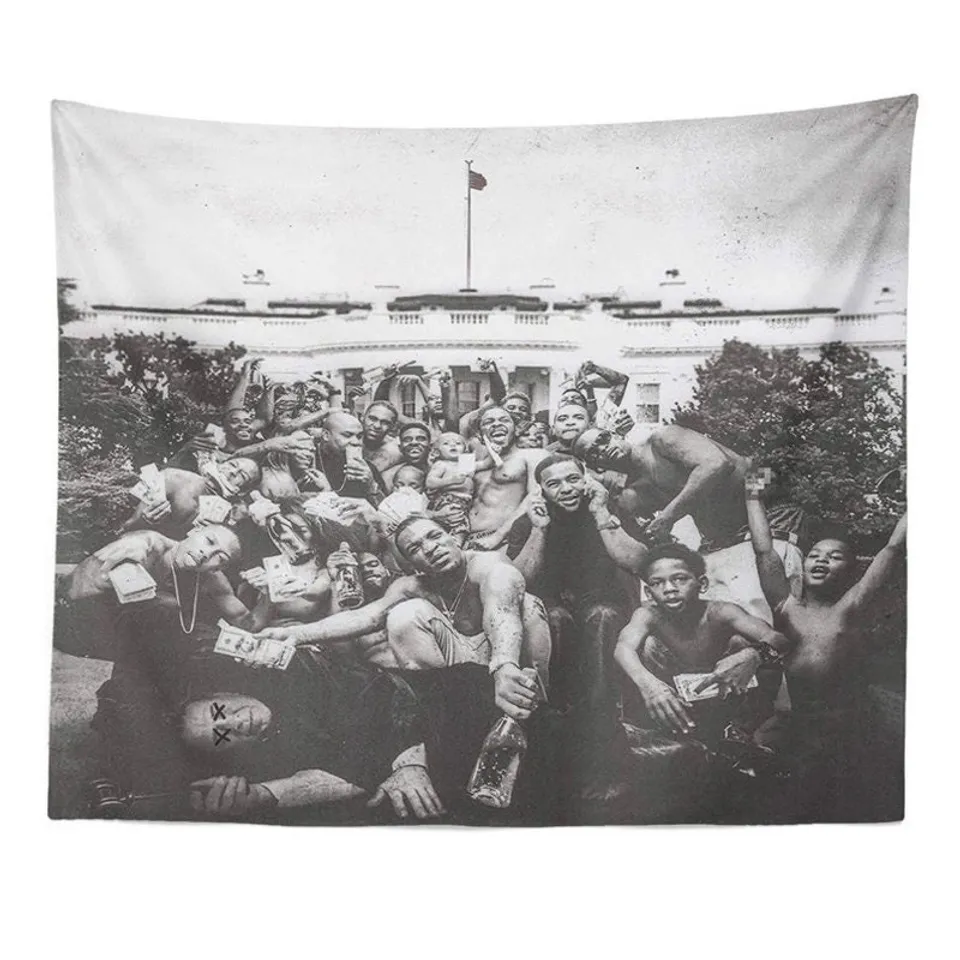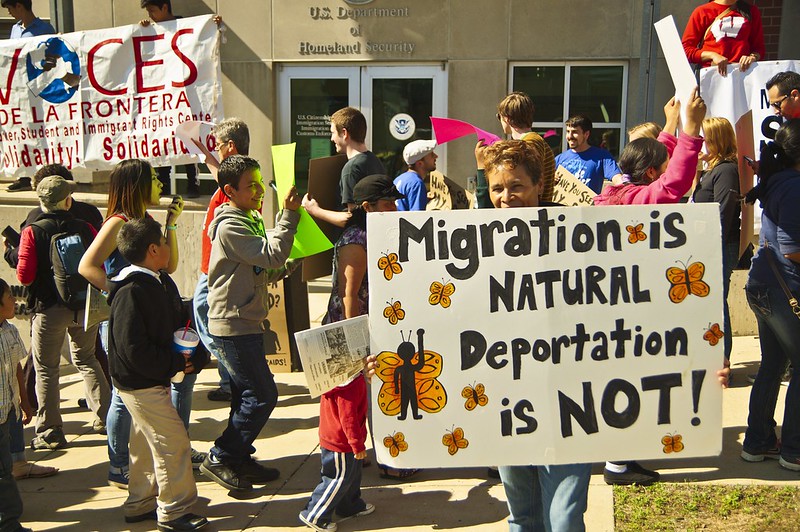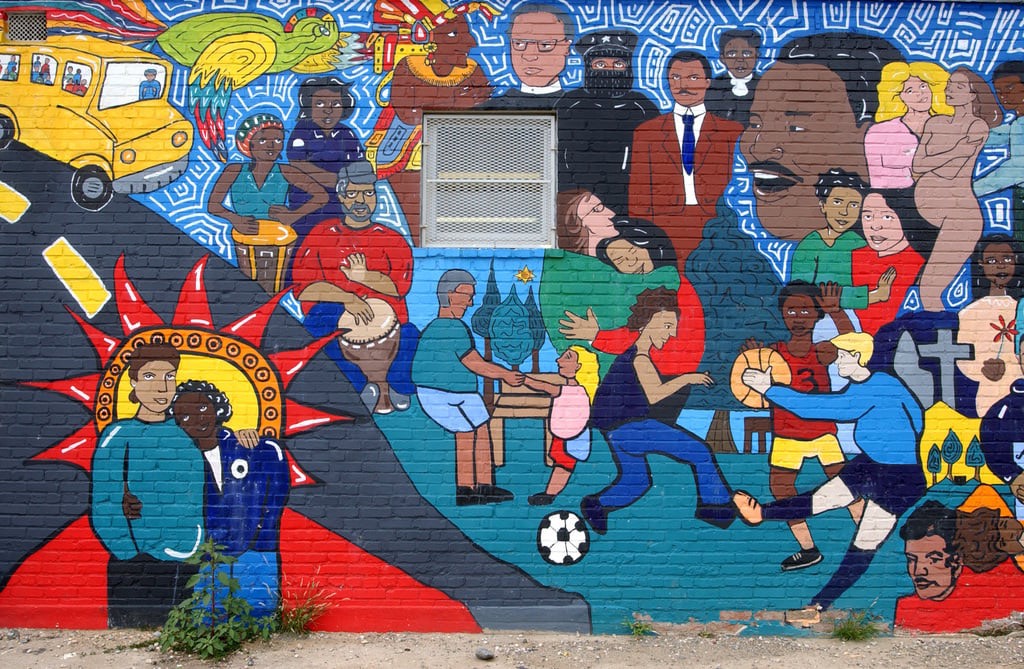The public has cast a spotlight on Generation Z as the 2024 presidential election draws closer. The youngest generation was a major factor in the 2020 presidential election, and their impact will likely be felt in this year’s election.
In the 2020 election, Gen Z voted 11% more than young voters in 2016. However, Dr. Steven Greene, a professor of political science at NC State University, said Gen Z’s political leaning was the bigger story, “Gen Z being, if you just look by generations, the most democratic of all the generations, that’s an impact. That’s something that helps Democrats.”
In the 2020 election, Gen Z supported President Joe Biden at a rate 23% higher than Baby Boomers and 1% higher than Millennials. A study from the Pew Research Center found that Gen Z voters are similar to millennial voters, tending to hold more progressive views than older generations. Despite this, younger voters still vote significantly less than older ones.
Dr. Greene attributed lower voter turnout in Gen Z to age: “The 20-year-old who doesn’t vote, in 40 years, is gonna have a mortgage is gonna have a kid in the school system is, gonna have a sense of rootedness and connection in their community, has likely lived there a number of years.”
Dr. Greene claimed this rootedness, along with age, motivates older voters, “I use in my classes the phrase ‘a greater stake in the system’, and that just takes time and life experience. And to some degree voting is a habit, and the more you do it, the more you keep on doing it, so it can take time for that habit to build up.”
Further, this lower turnout is, in part, by design. “Because young voters historically turnout at the lowest rates, and older voters turn out at the highest, campaigns are much more likely to pitch their messages overall to older voters, which just makes young voters feel that much more disconnected,” asserts Dr. Greene.
Despite the lower turnout, Dr. Greene said it’s likely that Democrats will try to attract younger voters to improve their chances in 2024. “For Democrats, an area where they have a clear advantage is young voters. So my guess is there is probably more of an effort than usual, really, to get young voters out and participating and voting this year,” Dr. Greene claimed.
Regardless of party, there has, as there is most years per Dr. Greene, a movement to energize younger voters. This movement is occurring at NC State, with the university updating their “Pack the Polls” website and holding “Voting Toolkit” sessions where students can learn more about the electoral process.
Dr. Greene also claimed that Democratic presidential nominee Kamala Harris replacing President Joe Biden might help energize young voters, “I think young voters, in particular, had concerns about his age and a general lack of enthusiasm for Joe Biden. I think we’ve probably seen the biggest changes in democratic support among young voters. And, on some level, I think there’s just such a massive sense of relief that there’s a candidate they feel they can get behind.”
Kamala Harris has already energized previously disinterested voters. A study from UCLA found that a third of Gen Z voters who didn’t intend to vote for Biden were motivated to vote after Harris joined the race.
Dr. Greene stated that these many factors could lead to higher voter turnout among Gen Z. “I think also, Trump is motivating right? He motivates Republican voters and he motivates Democratic voters against him, obviously. So throw in a [candidate who] positively motivates young voters [such as] Kamala Harris, which Democrats have lacked, and it seems quite possible that young voters will turn out at higher percentages than they have in recent elections,” said Dr. Greene.
Voter registration instructions are available on the North Carolina State Board of Elections website. The deadline to register is Oct. 11, 2024. Wake County early voting will occur from Oct. 17 to Nov. 2. Election day is on Nov. 5, 2024 from 6:30 a.m. to 7:30 p.m. Any voter in line before 7:30 p.m. will be allowed to vote.







